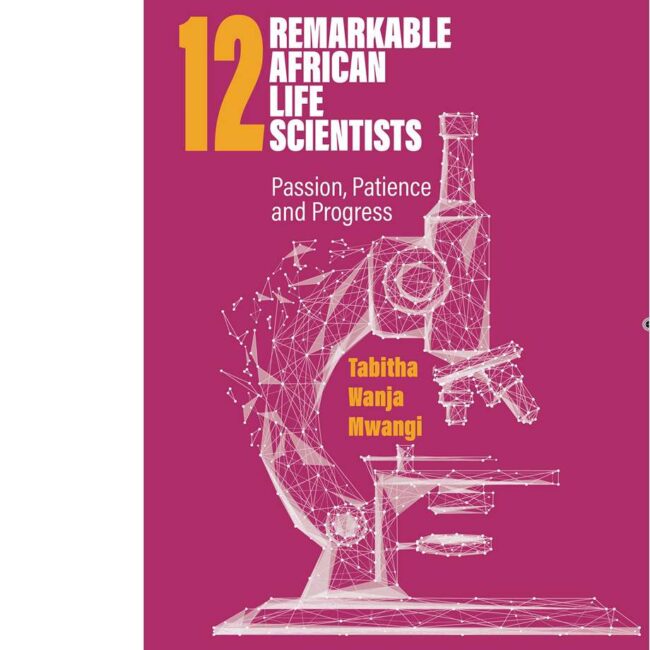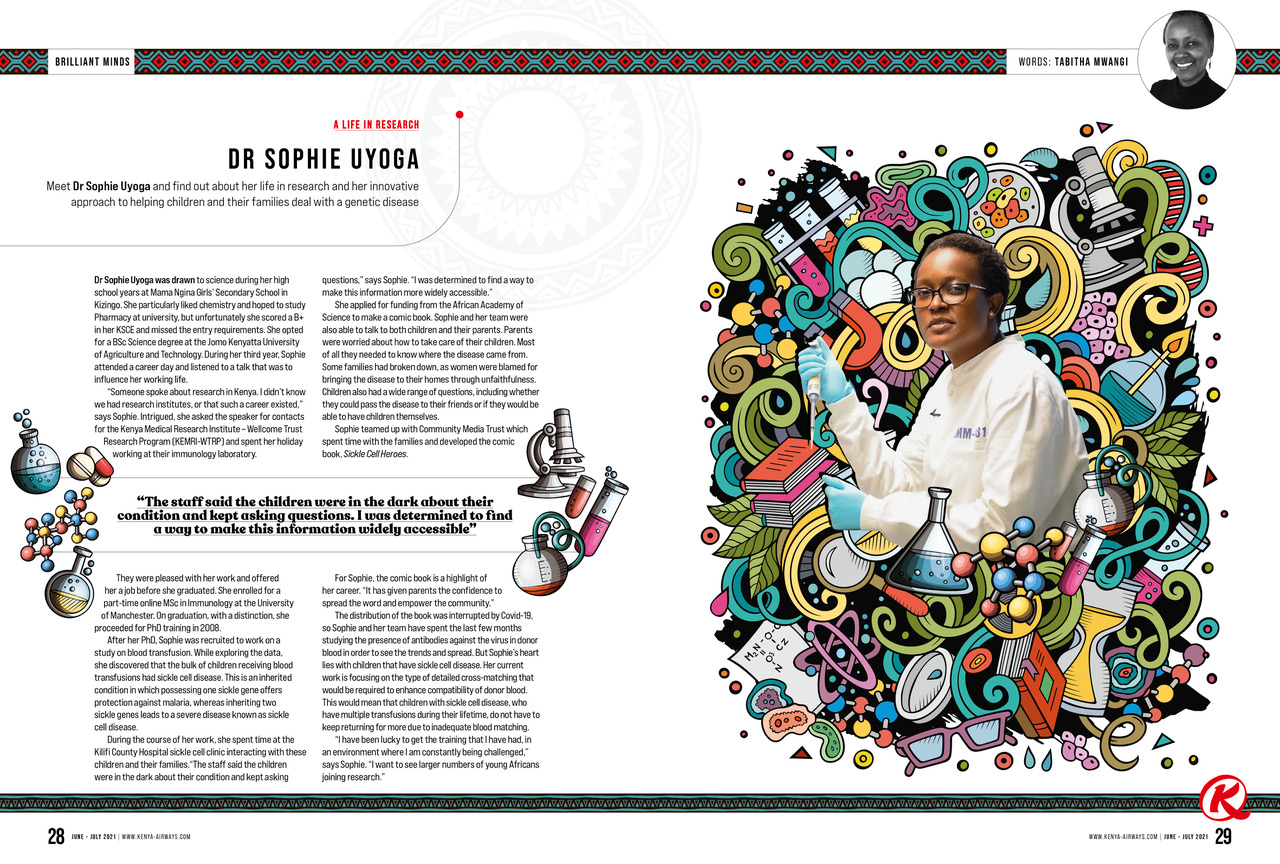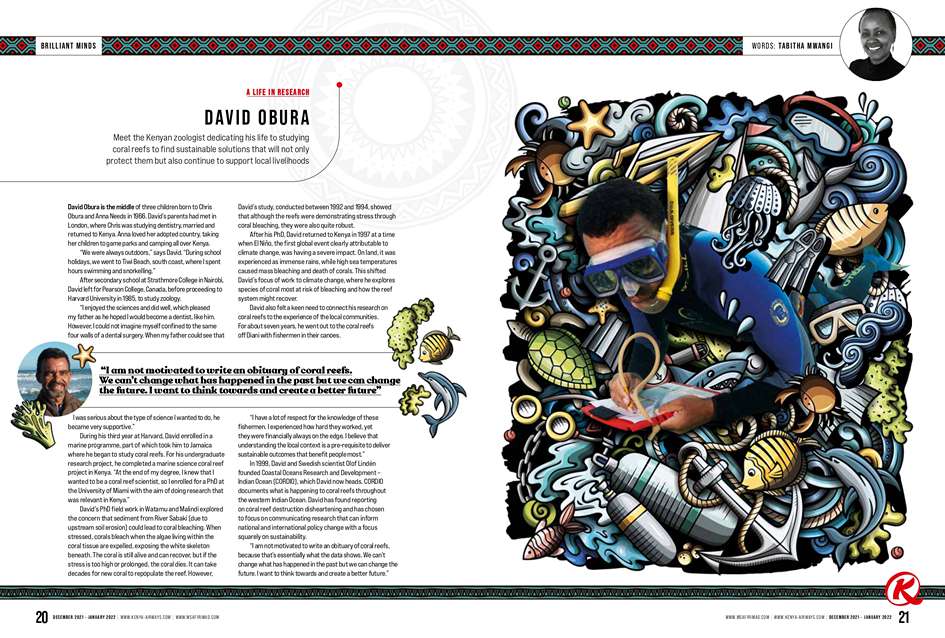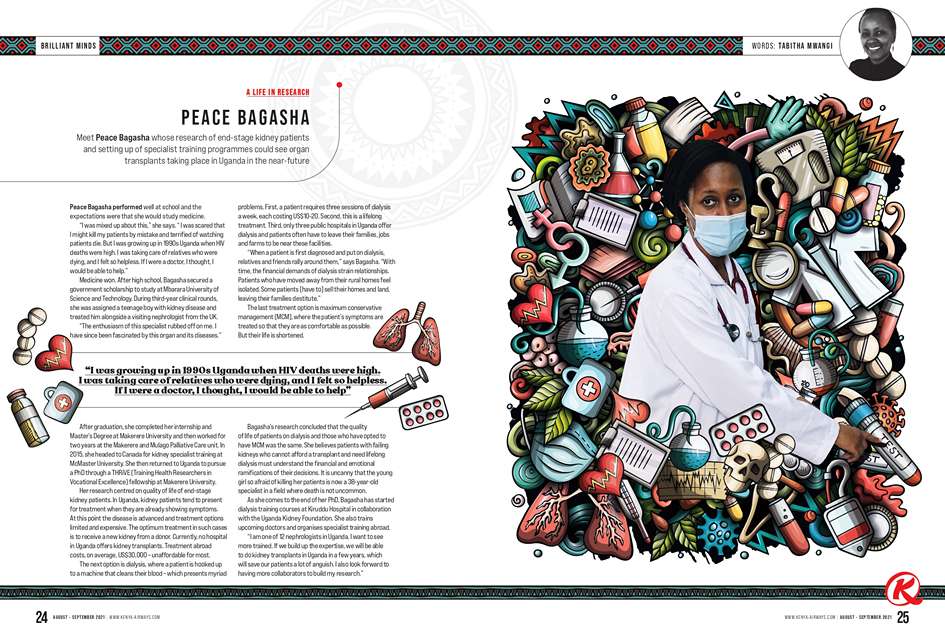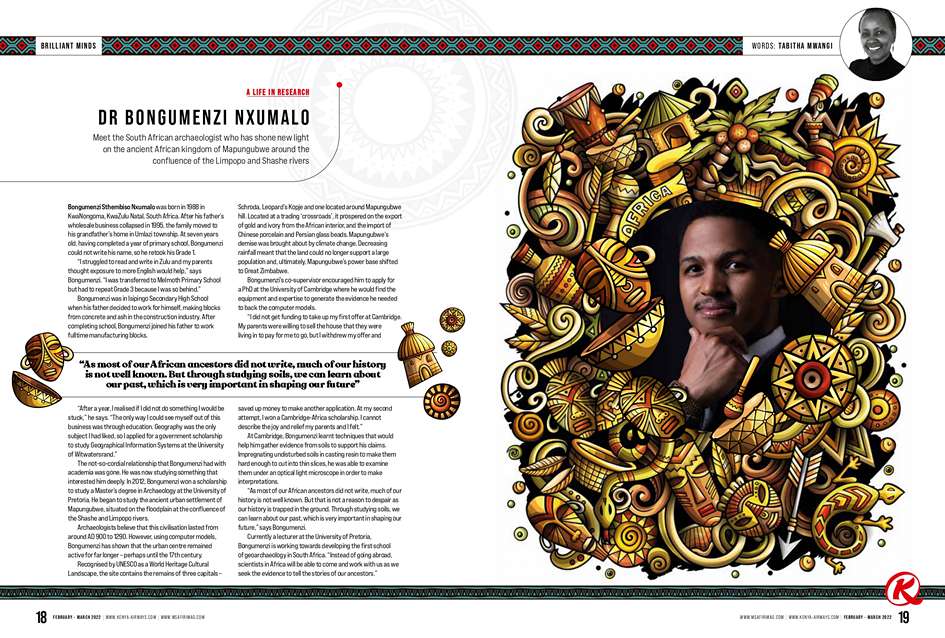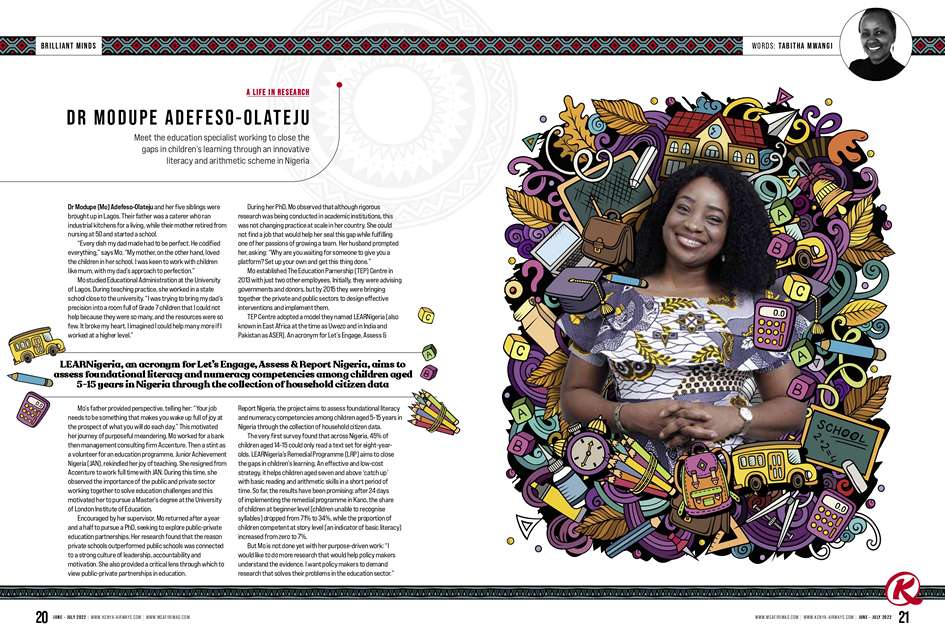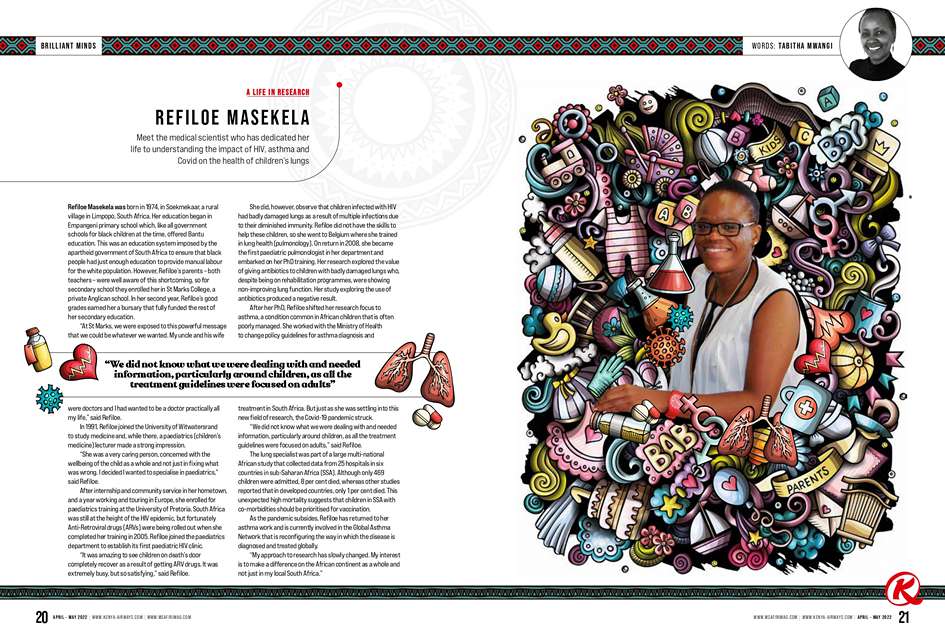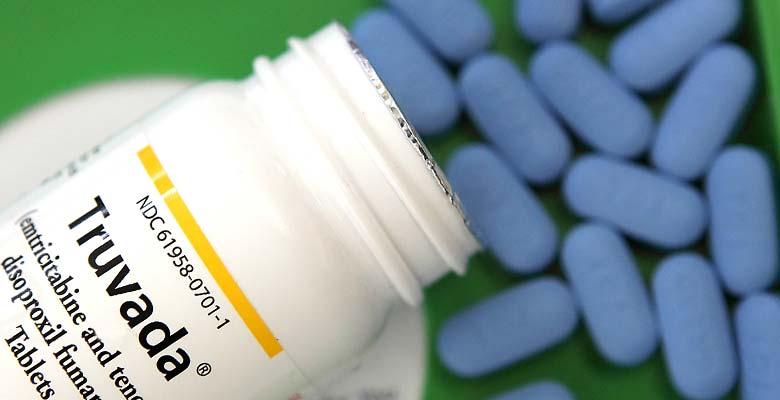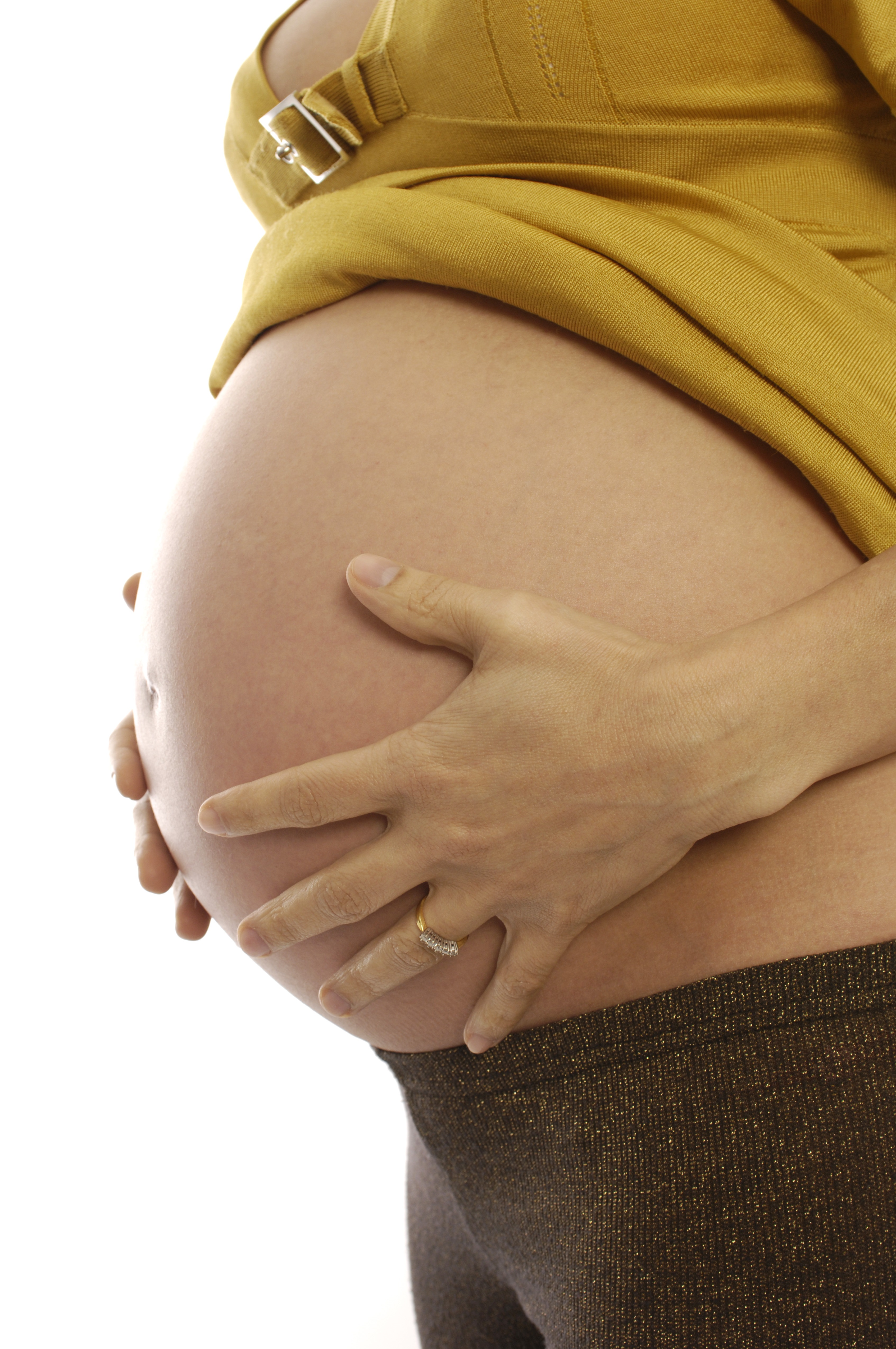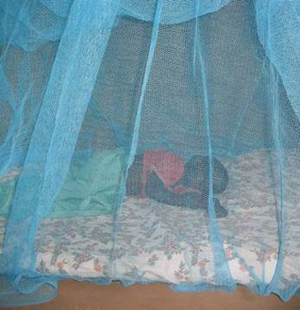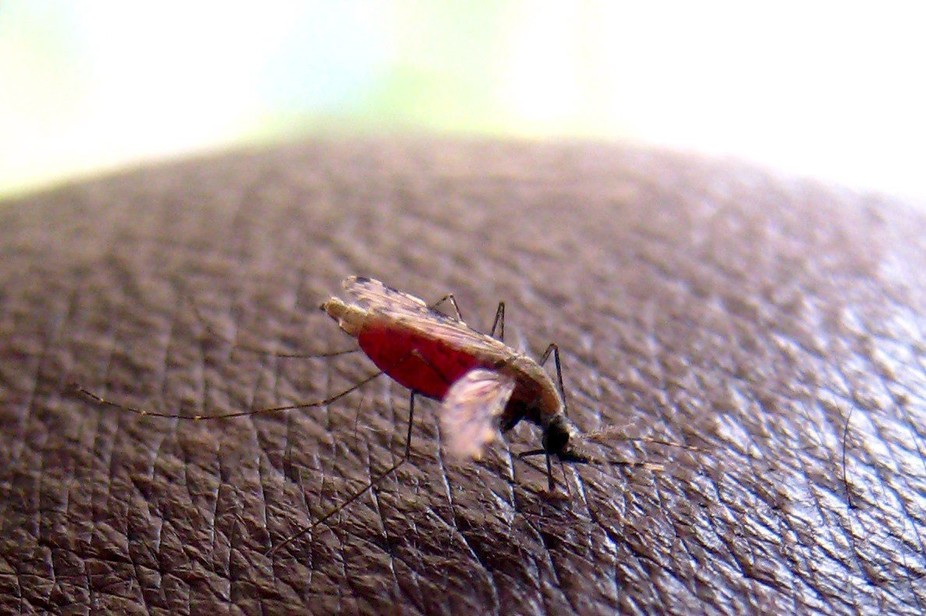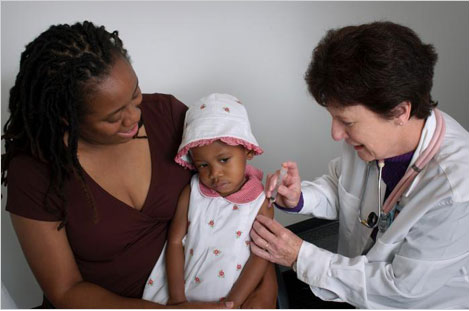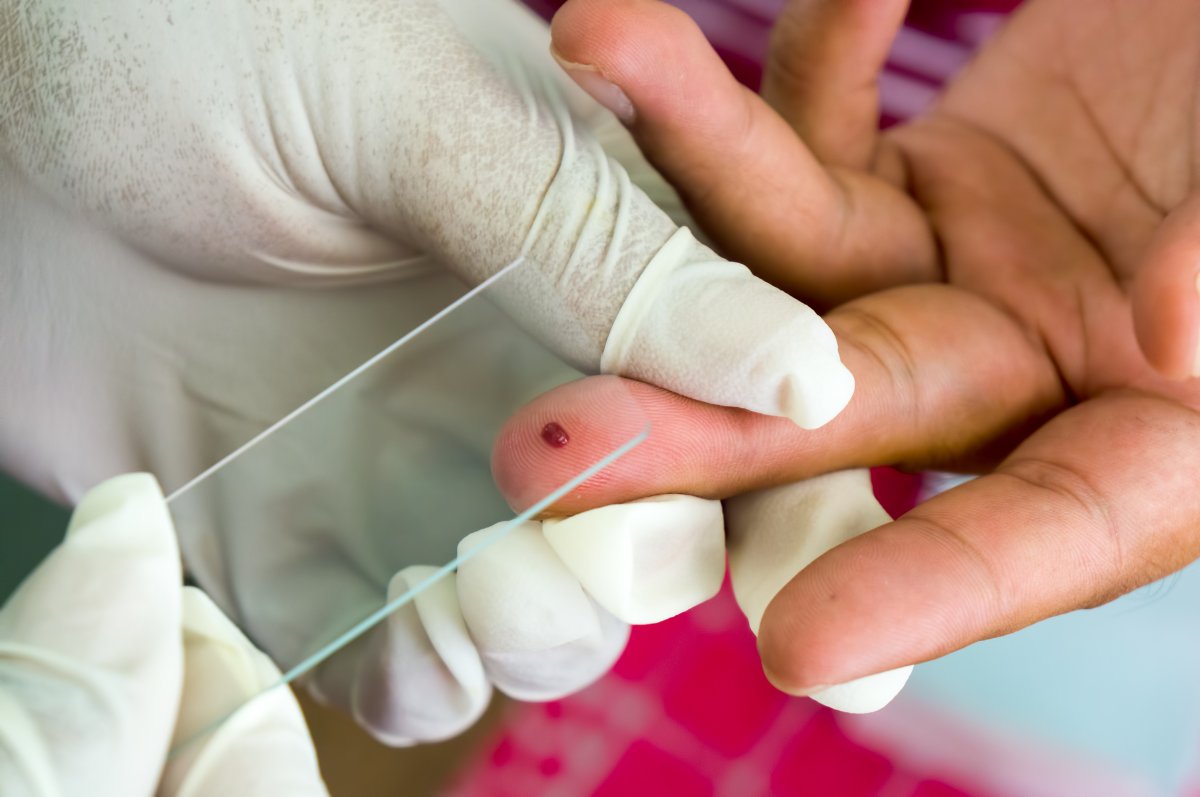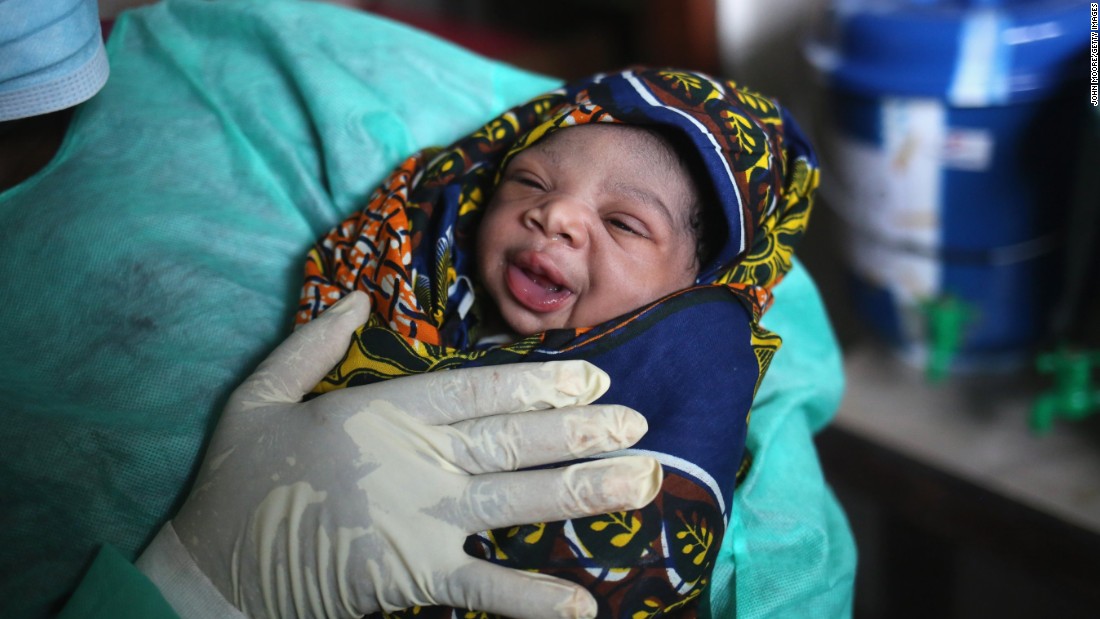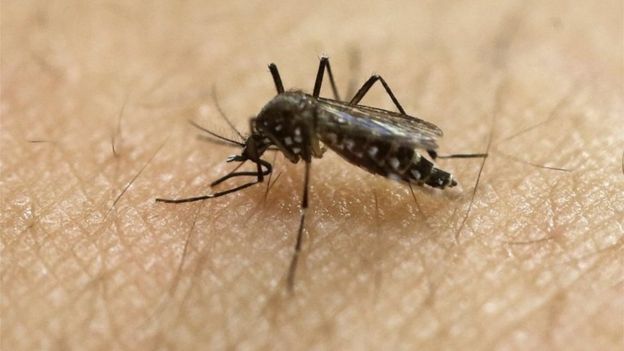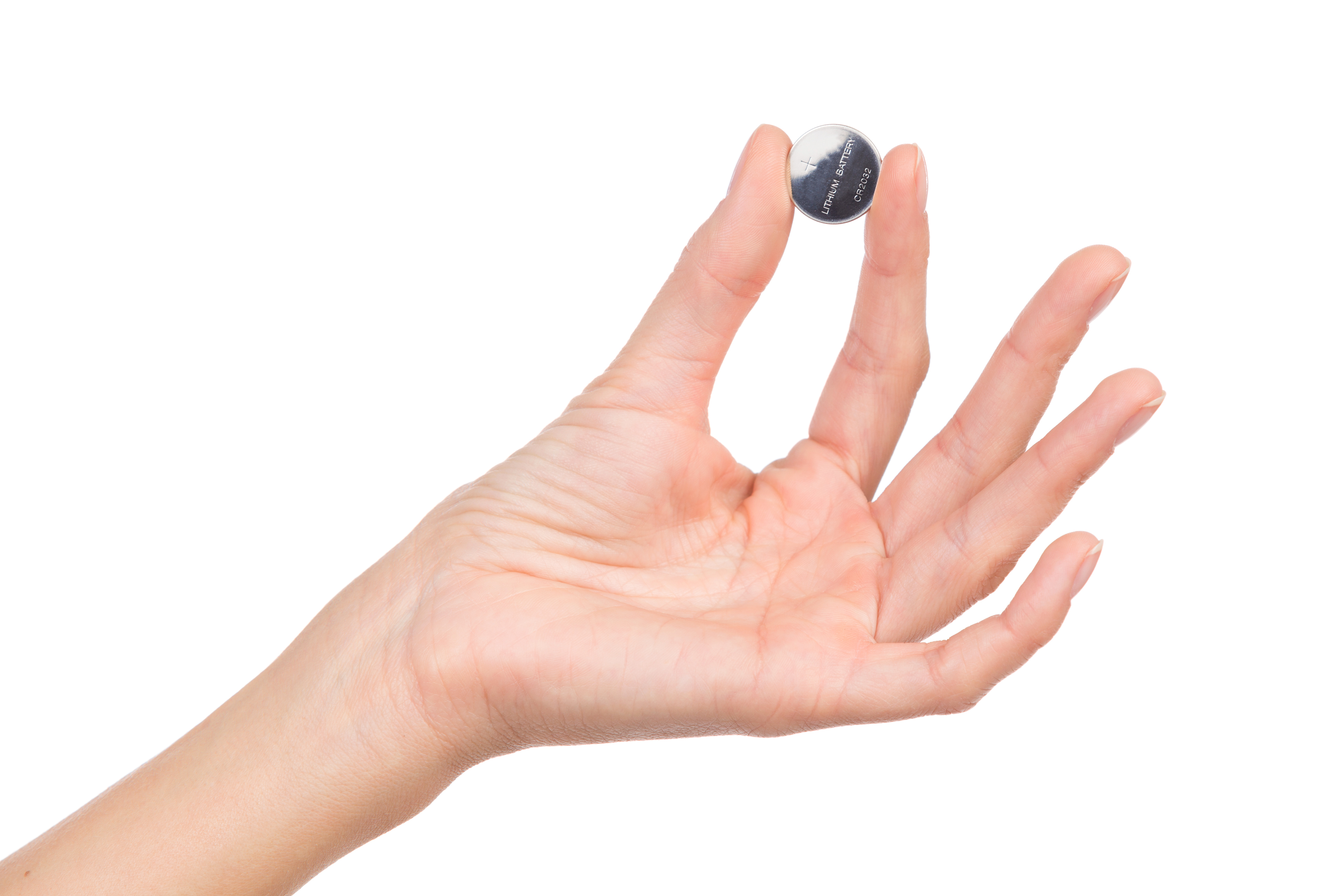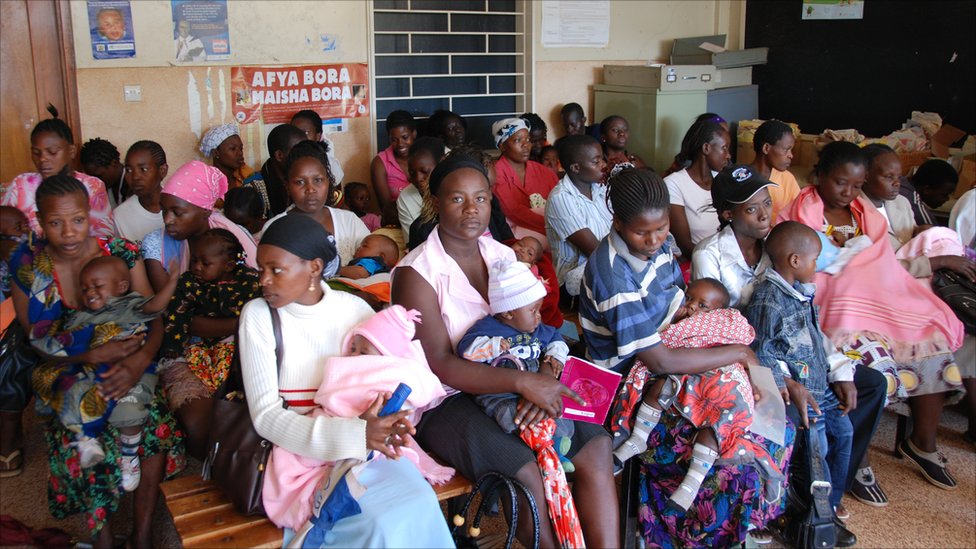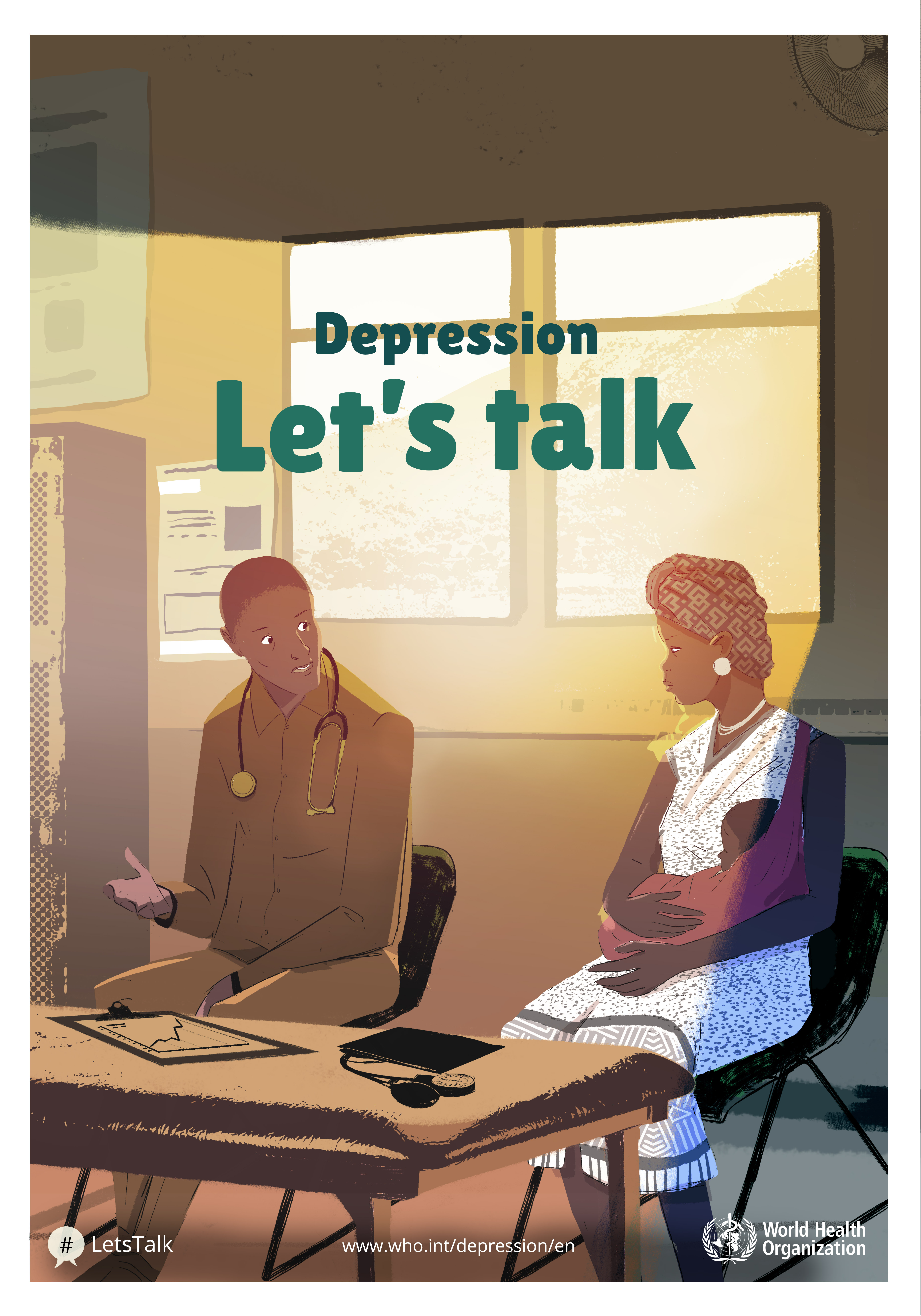Tune in to health
BBC World Service
Health Check Program
-
26th July 2023
-
23rd March 2022
-
23rd February 2022
-
12th January 2022
-
13th October 2021
-
8th June 2021
-
28th April 2021
-
9th January 2021
-
10th Dec 2020
Playing catch up on childhood immunisations
The World Health Organisation and UNICEF say global immunisation services reached 4 million more children in 2022 compared to the previous year, after a huge backslide during the Covid 19 pandemic. But the progress in countries like India and Indonesia masks continued decline in many lower income countries. Global health expert Tabitha Mwangi and Claudia Hammond discuss how immunisation numbers can bounce back.
They also look at new research from Sub-Saharan Africa that suggests as many as one in 10 teenagers might have high blood pressure, and what might be the most effective way of lowering it?
Listen Here
What should Hong Kong do about Covid-19?
The number of new Covid-19 infection cases worldwide has jumped by 10%. Tabitha Mwangi, Programme Manager at Cambridge Africa at Cambridge University, gives us a rundown of how that overall increase is playing out in different parts of the world.
Hong Kong had been one of the most successful places at controlling Covid-19 but recently faced the highest death rates in the world. What went wrong? We hear from Vivian Wong, a public health advisor and honorary professor of Chinese Medicine at the University of Hong Kong.
And how are pandemic restrictions impacting people’s mental wellbeing? Christian Chan, an Associate Professor of Psychology at the University of Hong Kong and a warden at a student residence, shares his thoughts.
Listen Here
Why measles is sweeping through Afghanistan
This week on Health Check, polio makes an unwelcome return to the African continent and measles cases are soaring among children in Afghanistan. We hear from WHO spokesperson Dr Margaret Harris and Médecins Sans Frontières’ Sarah Vuylsteke and Maxime Pirard who are based at Herat Regional Hospital in western Afghanistan.
We also hear how the pandemic has impacted children worldwide, from disruption to routine vaccination services to studies suggesting high mortality rates among children with Covid-19 in sub-Saharan Africa.
Our guest is public health expert Dr Tabitha Mwangi who managed the Cambridge Africa programme at Cambridge University.
Listen Here
Omicron set to infect half of Europe
Tabitha Mwangi, programme manager at Cambridge Africa at Cambridge University, joins Claudia to discuss the latest on the rapid spread of Omicron across Europe and the factors behind the waves of Covid-19 infections in Kenya.
In light of the controversy surrounding Novak Djokovic’s participation in the Australian Open Tennis tournament, Dr Maggie Wearmouth explains the rare instances where people can be medically exempt from having a Covid vaccination.
Also, what do the lung scans of Covid-19 patients tell us about how the virus gets around the body, and should we be washing our mouths as well as our hands? Dr Graham Lloyd-Jones, a radiologist from the UK, shares his theory.
Listen Here
How will the new malaria vaccine be rolled out in Africa?
The approval of the RTS,S malaria vaccine was decribed as an 'historic moment' by the WHO. After the success of pilot immunisation programmes in Ghana, Kenya and Malawi, the World Health Organization says the vaccine should be rolled out across sub-Saharan Africa and in other regions with moderate to high malaria transmission.
Tabitha Wanja Mwangi from the Cambridge-Africa team at Cambridge University explains some of the challenges and benefits that the roll out will encounter. She says that although three shots plus boosters will need to be given, the fact that the vaccine will reduce the number of hospitalisations will bring much-needed relief to health facilities in the region, and will also help collate the details of those at risk, which will help future vaccination roll outs. In addition, the roll out will target areas of medium to high transmission rates, which will reduce the resources needed for distribution.
Listen Here
How likely are you to catch covid twice?
There is good news from a study published in Lancet Healthy Longevity, which looked at protection levels from getting Covid.
It studied the risk of Covid reinfection in care home staff and occupants up to 10 months after first being unwell and showed substantial levels of protection were retained.
BBC Health Check guest Dr Tabitha Mwangi, a public health expert, discusses the findings.
Listen Here.
New malaria vaccine is most effective to date
A trial of a new malaria vaccine has shown 75 per cent efficacy. This is good news because previous malaria vaccines haven’t been as successful.
Health Check guest Dr Tabitha Mwangi explains what will happen next.
Listen Here.
How the pandemic has affected some of Africa’s sex workers
An international research team has uncovered the impact of the coronavirus pandemic on commercial sex workers in Senegal.
Public health expert Dr Tabitha Mwangi has looked at the findings and she explains why the sex workers are at greater risk of HIV infection because of measures put in place to protect people from Covid-19.
Listen Here.
Gene therapy for sickle cell disease
Are genetic therapies for sickle cell disease beginning to come of age? Claudia Hammond talks to David Williams and Erica Esrick of Boston Children’s Hospital about their promising results with a gene therapy for the disease in a pilot trial involving six young patients. Their report appears in the latest edition of the New England Journal of Medicine alongside encouraging results of a CRISPR gene editing therapy for sickle cell disease. Both approaches target the same gene – the result of which is to make bone marrow cells to produce foetal haemoglobin to compensate for people’s faulty adult haemoglobin.
Claudia’s studio guest is Tabitha Mwangi, who is a lecturer in public health at Anglia Ruskin University and has also been a malaria researcher in Kenya. Tabitha talks about the great benefits of giving children four months of malaria prophylaxis tablets during the rainy season in West and Central sub-Sahelian Africa. A study involving millions of children and tens of thousands of health workers halved the number of children dying from malaria.
Listen Here.
TABITHA ON HEALTH
Health Blog Articles
Today is the deadline – please vote!
A big thank you to all of you who have enjoyed this blog and faithfully kept m
Health researchers and the media …… a time to stand close.
Health journalism is growing in importance – building strong bridges between
Anti-HIV treatment – let’s get the facts right.
The national roll out of HIV PrEP by Kenyan Ministry of Health was yesterday.
Sharenting …. Should we be worried?
‘Sharenting’ is the term that has been coined to describe the way in which
Preventing deaths from childbirth
Over 1,000 women die each year in Kenya due to bleeding after childbirth, over
Treated bednets – it’s a lifeline not a threat
Treated bednets are crucial in the malaria control arsenal - if people are sca
Malaria vaccine implementation ….. part 2
The malaria vaccine RTS,S will be complementary to other malaria interventions
Malaria vaccine implementation starts next year
The vaccines that most people are used to: polio, measles, tetanus – prevent
Tomorow is world malaria day
Tomorrow is world malaria day – having spent a good part of my adult life st
Let’s talk about childbirth
But while more midwifery research is required, there are small things can be d
Kenyan women need more C-sections
The people failed most by the lack of C-sections are babies. In Kenya about 13
Debunking malaria myths
Myths about diseases spread like wildfire. Malaria is a case in point. The Con
The things children swallow ….
With small batteries, many may think, it’s only small and will pass through
Little girls with grown-up worries
If your typical Barbie had real life proportions, she would be 5 feet 9 inches
When TV is bad for you
Researchers compared the stress response among those who were present at the B
Body image issues: chicken feed and big bottoms
An exaggerated hour-glass shape was what I wanted. Watching my mum and aunties
Depression in women – part 2
In most of Africa, when women bring their babies for vaccination, they have to
Depression in women: the impact of childbirth.
Feeling depressed while holding your ‘bundle of joy’ seems at odds with it
Genius malaria parasites
It is amazing that though we are reaching out into the universe to explore out
Men and depression
But alcoholism, any form of addiction, screams of a lack of connection and fee
Article in ‘The Conversation’
Malaria and anaemia are a common occurrence in African children under the age
Health Topics
abortion African scientist birth defects child abuse child sexual abuse chlamydia Covid19 depression Depression in Kenya Diabetes Diabetes in Kenya Ebola elderly female circumcision Female genital mutilation FGM ghosts health healthkenya Homophobia KEMRI KEMRI-WTRP kenya kenya health Kilifi malaria malaria in Africa malaria vaccine maternal health mental health migraine MSM PCV PCVIS Pneumonia reproductive health RTSS malaria vaccine Sexual health STI stress suicide Vaccine confidence vaccines WHO women's health



